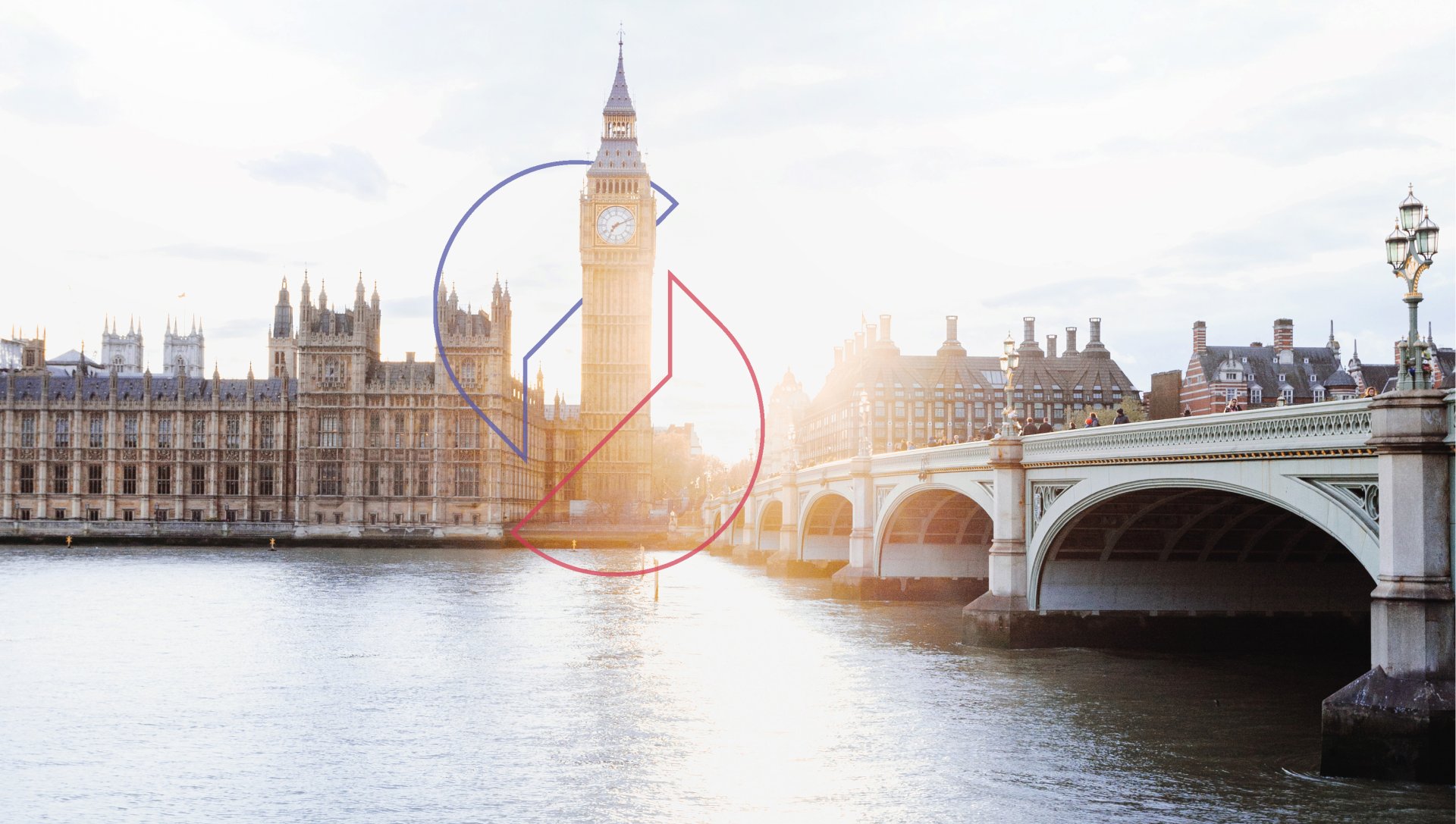Campaigns
Disestablish the Church of England
A state religion has no place in a 21st century democracy.
Protect freedom of expression
We promote free speech as a positive value.

A state religion has no place in a 21st century democracy.
We promote free speech as a positive value.
We're bringing people together to build a freer, and more tolerant society.
Become a member